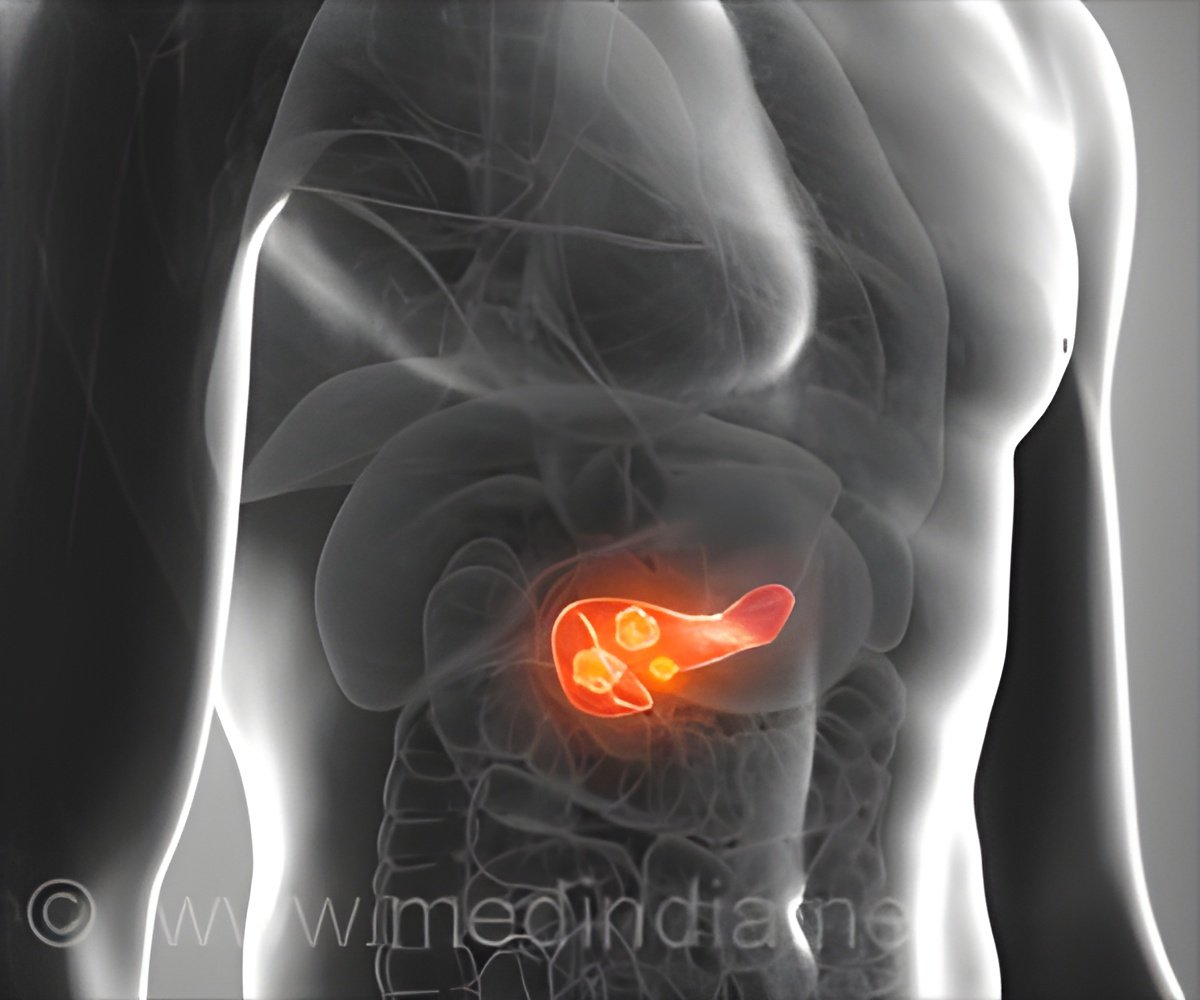as a peer-reviewed publication.
‘Most uterine fibroids have mutations in genes that code for histone proteins. Disturbances in these genes harm the uterus more easily than other organs.’
What are uterine leiomyomas (ULs)?
Uterine leiomyomas or fibroids are benign (non-cancerous) tumors of muscle arising from the uterus. One in four women suffers from uterine leiomyomas at some point in premenopausal life.
The tumors can cause excessive bleeding, pain and infertility, and hysterectomy.
At least three distinct genetic drivers, such as mutations in MED12 or FH or genomic rearrangement of HMGA2, are considered to be the cause of tumors.
Disturbances in some genes might harm the uterus
For the current study, the team created genome-wide datasets of primary tumor tissues to understand the production of ULs. They showed that most of the tumors had mutations in genes that encode histones.
Histones are protein molecules that give genomes their structure and functional properties.
“In particular, genes that are poised to turn on and off frequently seem affected in fibroids. Disturbances in these genes might harm the uterus more easily than other organs. Some of the overexpressed genes might provide clues for the development of new fibroid treatment options,” highlights Professor Lauri Aaltonen.
The work shed light on the abnormal differentiation program driven by damaged chromatin that triggers uterine damage and the development of non-cancerous tumors.
Source: Medindia



